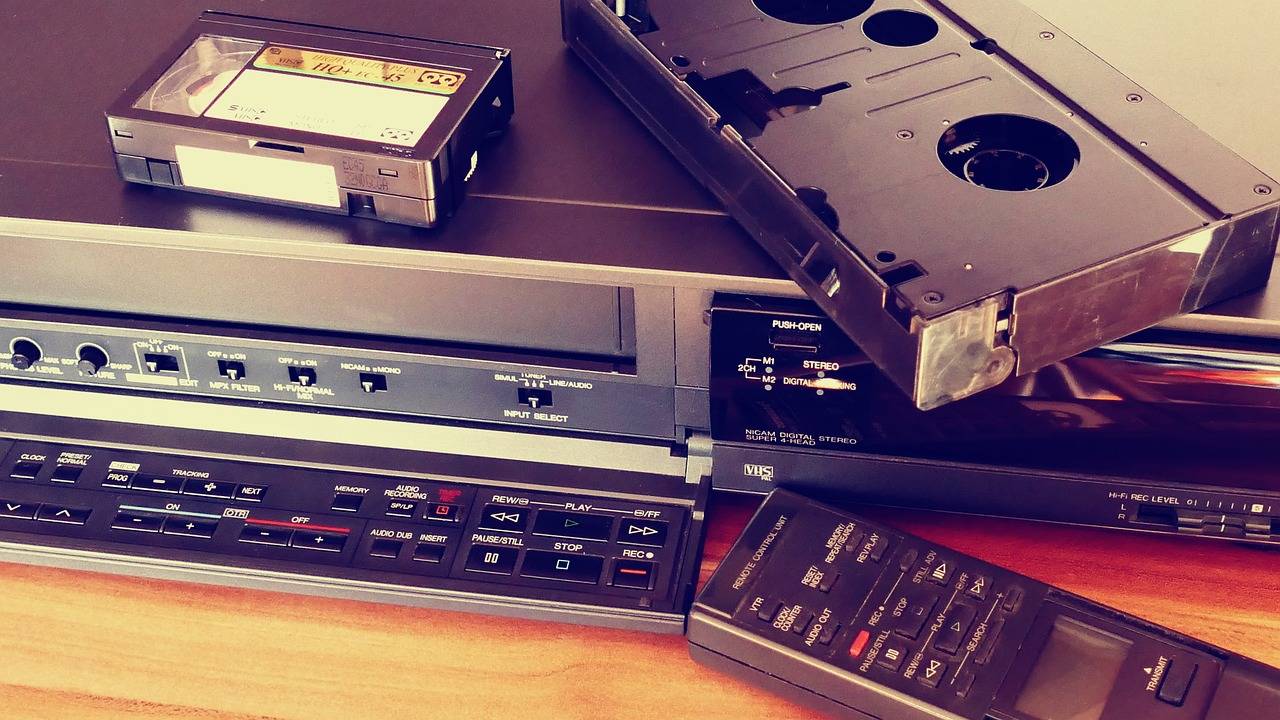Exploring the Role of Music Therapy in Mental Health Treatment: Healing Through Harmony
Music has long been recognized for its profound impact on our emotions and cognition. In the realm of mental health treatment, the therapeutic benefits of music are becoming increasingly evident. Research indicates that music can alleviate symptoms of anxiety and depression, offering a soothing and cathartic outlet for individuals struggling with their mental well-being. When words fall short, music has the ability to communicate and express complex emotions that may otherwise remain buried deep within the psyche.
Furthermore, music therapy has been shown to enhance social skills, improve self-esteem, and promote overall emotional well-being. Through engaging with music in a structured and supportive environment, individuals can work through their challenges, develop coping mechanisms, and foster a sense of empowerment. Whether through listening to music, creating it, or engaging in group sessions, the power of music in mental health treatment is a versatile and transformative tool that holds immense promise for those seeking healing and growth.
Understanding the Benefits of Music Therapy
Music therapy has been shown to have a profound impact on individuals of all ages struggling with mental health challenges. The therapeutic use of music can help individuals express their emotions, reduce stress and anxiety, and improve mood regulation. Through the creation and sharing of music, clients often find a sense of connection and solace that may be difficult to achieve through traditional forms of therapy alone.
In addition to emotional benefits, music therapy can also enhance cognitive function and improve overall well-being. Engaging in music-making activities can stimulate various regions of the brain, promoting improved memory, focus, and communication skills. This holistic approach to treatment not only targets the symptoms of mental health disorders but also fosters personal growth and self-awareness in individuals undergoing therapy.
What is music therapy?
Music therapy is a form of therapeutic intervention that uses music as a tool to address emotional, cognitive, social, and physical needs of individuals.
How does music therapy help in mental health treatment?
Music therapy can help individuals improve their emotional expression, cope with stress and anxiety, enhance self-esteem, and promote relaxation and overall well-being.
Can anyone benefit from music therapy?
Yes, music therapy can benefit individuals of all ages and backgrounds, including children, adolescents, adults, and seniors.
What are some specific benefits of music therapy?
Some specific benefits of music therapy include reducing symptoms of depression and anxiety, improving communication skills, enhancing creativity, promoting emotional well-being, and fostering a sense of connection with others.
Is music therapy only for individuals with musical talents?
No, music therapy is for everyone, regardless of musical ability. The focus is on the therapeutic process and how music can help individuals achieve their treatment goals.
How can someone access music therapy services?
Music therapy services are typically provided by trained and certified music therapists in various settings such as hospitals, clinics, schools, community centers, and private practices. Individuals can inquire about music therapy services through healthcare providers or music therapy organizations.





